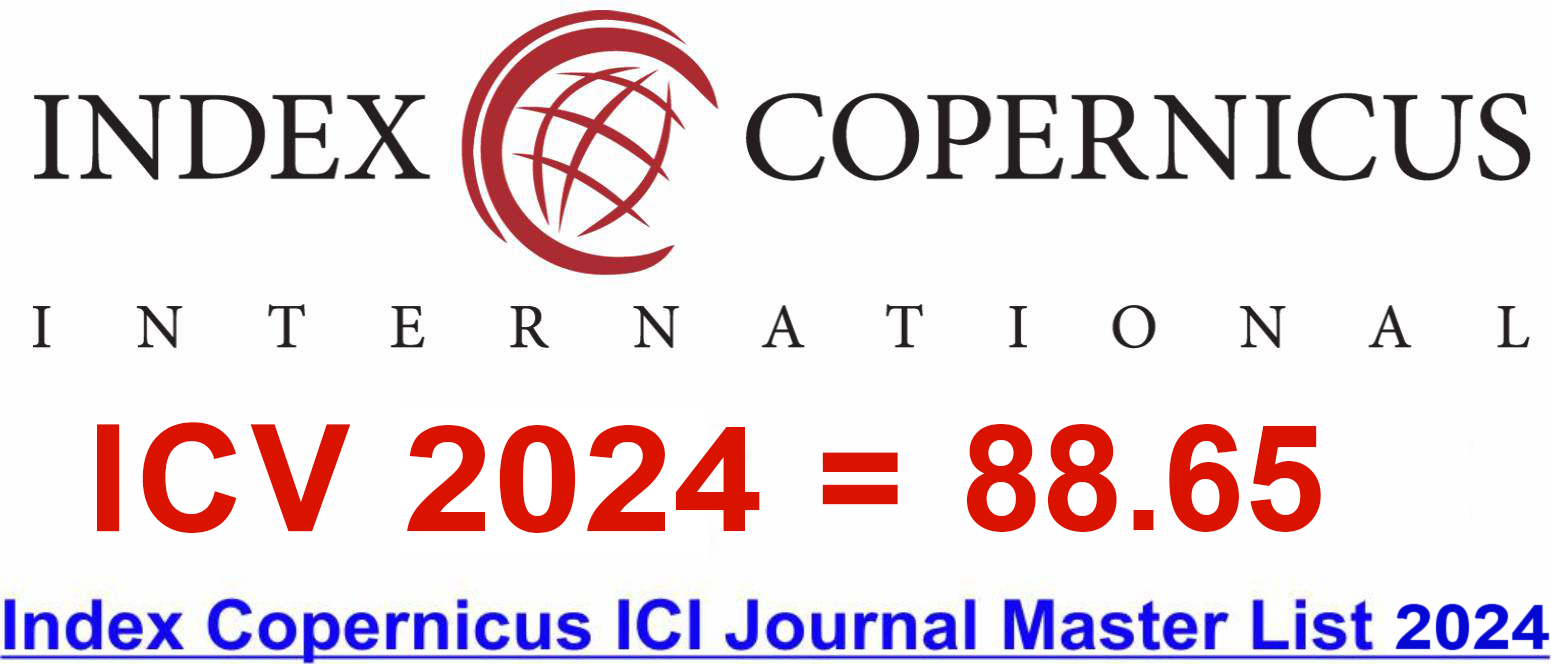Abstract
The article primarily focuses on how environmental sustainability will benefit future generations. As the saying goes, “The earth does not belong to anyone; rather, humanity belongs to the earth.” In daily life, we frequently read news articles highlighting the negative impact of human actions on nature, such as deforestation and inadequate water storage for future needs. In the 21st century, humanity faces numerous challenges in safeguarding ecological balance for future generations. Sustainability involves coexisting with the earth for the long term, making it crucial to preserve our planet for future generations. One effective way to support sustainability is through the reduction, reuse, and recycling of waste materials, rather than discarding them. While taking care of the planet may seem like a daunting task, small changes can lead to significant differences. Each generation inherits both a natural and cultural legacy, which the present generation must uphold. However, the extent to which the present generation follows this responsibility varies. Our actions directly influence the environment’s response. It is essential to protect the environment by using eco-friendly products, which will, in turn, help preserve the earth. This study primarily focuses on educating people about environmental protection and methods to safeguard the environment. We can preserve our planet by consuming resources responsibly and reducing unnecessary waste. Air, soil, and water should be used and maintained based on necessity. The purpose of this research is to introduce the impact and causes of environmental degradation. It also emphasises the importance of environmental sustainability and the challenges associated with it. Key issues such as deforestation and global warming are explored. The United Nations aims to raise awareness about environmental sustainability, especially as the real estate sector continues to expand. Builders and governments often prioritise short-term gains over long-term preservation for future generations.
References
- Amutha D. Environmental Sustainability: Challenges and Recommendations. 2025 Jan 14. Available from: http://dx.doi.org/10.2139/ssrn.5097334
- Arora NK. Environmental Sustainability—necessary for survival. Environmental Sustainability. 2018 Mar;1(1):1-2. https://doi.org/10.1007/s42398-018-0013-3
- Goodland R. The concept of environmental sustainability. Annual review of ecology and systematics. 1995 Jan 1:1-24.
- Morelli J. Environmental sustainability: A definition for environmental professionals. Journal of environmental sustainability. 2011;1(1):2. https://doi.org/10.14448/jes.01.0002
- Dong Y, Hauschild MZ. Indicators for environmental sustainability. Procedia Cirp. 2017 Jan 1;61:697-702. https://doi.org/10.1016/j.procir.2016.11.173
- Little JC, Hester ET, Carey CC. Assessing and enhancing environmental sustainability: a conceptual review. Environmental science & technology. 2016 Jul 5;50(13):6830-45. https://doi.org/10.1021/acs.est.6b00298
- Ahmad F, Saeed Q, Shah SMU, Gondal MA, Mumtaz S. Environmental sustainability: Challenges and approaches. In: Natural Resources Conservation and Advances for Sustainability. 1st ed. 2022. p. 243-270. https://doi.org/10.1016/B978-0-12-822976-7.00019-3
- Kongjue Z, Yuxiang Z. Ethical leadership and corporate social responsibility: a comprehensive review. International Journal of Advances in Business and Management Research (IJABMR). 2024 Mar 12;1(3):1-7. https://doi.org/10.62674/ijabmr.2024.v1i03.001
- Strielkowski W, Lutsenko E, Pavlov D. Fossil fuel industry development in the 21st century: a case of coal. InSHS Web of Conferences 2021 (Vol. 128, p. 02004). EDP Sciences. https://doi.org/10.1051/shsconf/202112802004
- Chen X, Shuai C, Zhang Y, Wu Y. Decomposition of energy consumption and its decoupling with economic growth in the global agricultural industry. Environmental Impact Assessment Review. 2020 Mar 1;81:106364. https://doi.org/10.1016/j.eiar.2019.106364
- Yuhuan J, Hans E. High-Performance and Transportable Materials: Analyzing Characteristics and Applications in Sustainable Construction. International Journal of Advances in Business and Management Research (IJABMR). 2025 Mar 12;2(3):1-8. https://doi.org/10.62674/ijabmr.2025.v2i03.001
- Yiran GA, Ablo AD, Asem FE. Urbanisation and domestic energy trends: Analysis of household energy consumption patterns in relation to land-use change in peri-urban Accra, Ghana. Land Use Policy. 2020 Dec 1;99:105047. https://doi.org/10.1016/j.landusepol.2020.105047
- Bahinipati CS, Sirohi RA, Rao SS. Technological Innovations, behavioural interventions, and household energy conservation: Policy insights and lessons. Ecology, Economy and Society-the INSEE Journal. 2022 Jan 1;5(1):63-87. https://doi.org/10.22004/ag.econ.343115
- Gennitsaris S, Oliveira MC, Vris G, Bofilios A, Ntinou T, Frutuoso AR, Queiroga C, Giannatsis J, Sofianopoulou S, Dedoussis V. Energy efficiency management in small and medium-sized enterprises: current situation, case studies and best practices. Sustainability. 2023 Feb 17;15(4):3727. https://doi.org/10.3390/su15043727
- Odeyemi O, Usman FO, Mhlongo NZ, Elufioye OA, Ike CU. Sustainable entrepreneurship: A review of green business practices and environmental impact. World Journal of Advanced Research and Reviews. 2024;21(2):346-58. https://doi.org/10.30574/wjarr.2024.21.2.0461
- Saldaña J, Yurukcu M, Boppana N, Arbabi S, Henry J, Ziyanak S. Conventional and fossil fuels. InEnergy Transition in the Oil and Gas Industry 2025 Jan 23 (pp. 70-111). CRC Press.
- Kulagin VA, Grushevenko DA, Kapustin NO. Fossil fuels markets in the “energy transition” era. Russian Journal of Economics. 2020 Dec 14;6(4):424-36. https://doi.org/10.32609/j.ruje.6.55177
- Pan Y, Dong F. Dynamic evolution and driving factors of new energy development: Fresh evidence from China. Technological Forecasting and Social Change. 2022 Mar 1;176:121475. https://doi.org/10.1016/j.techfore.2022.121475
- Chen L, Li K, Chen S, Wang X, Tang L. Industrial activity, energy structure, and environmental pollution in China. Energy Economics. 2021 Dec 1;104:105633. https://doi.org/10.1016/j.eneco.2021.105633
- Kandpal V, Jaswal A, Santibanez Gonzalez ED, Agarwal N. Energy efficiency and renewable energy technologies. InSustainable Energy Transition: Circular Economy and Sustainable Financing for Environmental, Social and Governance (ESG) Practices 2024 Feb 8 (pp. 89-123). Cham: Springer Nature Switzerland. https://doi.org/10.1007/978-3-031-52943-6_3
- Shafeeque M, Arshad A, Elbeltagi A, Sarwar A, Pham QB, Khan SN, Dilawar A, Al-Ansari N. Understanding temporary reduction in atmospheric pollution and its impacts on coastal aquatic system during COVID-19 lockdown: a case study of South Asia. Geomatics, Natural Hazards and Risk. 2021 Jan 1;12(1):560-80. https://doi.org/10.1080/19475705.2021.1885503
- Opeyemi BM. Path to sustainable energy consumption: The possibility of substituting renewable energy for non-renewable energy. Energy. 2021 Aug 1;228:120519. https://doi.org/10.1016/j.energy.2021.120519
- Ahmed M. Understanding and promoting ethics and values education: The methodological challenge. Prospects. 2020 Jul;48(3):115-34. https://doi.org/10.1007/s11125-019-09456-y
- Imarhiagbe O, Nwodo MU, Ogwu MC. Innovations for Cleaner Futures: Emerging Technologies in Air Pollution Mitigation. Sustainable Strategies for Air Pollution Mitigation: Development, Economics, and Technologies. 2024 Sep 21:377-407. https://doi.org/10.1007/698_2024_1124
- Kataria A, Khan TI. Necessity of paradigm shift from non-renewable sources to renewable sources for energy demand. InUrban growth and environmental issues in India 2021 Sep 16 (pp. 337-352). Singapore: Springer Singapore. https://doi.org/10.1007/978-981-16-4273-9_21
- Majid M. Renewable energy for sustainable development in India: current status, future prospects, challenges, employment, and investment opportunities. Energy, Sustainability and Society. 2020 Dec;10(1):1-36. https://doi.org/10.1186/s13705-019-0232-1















